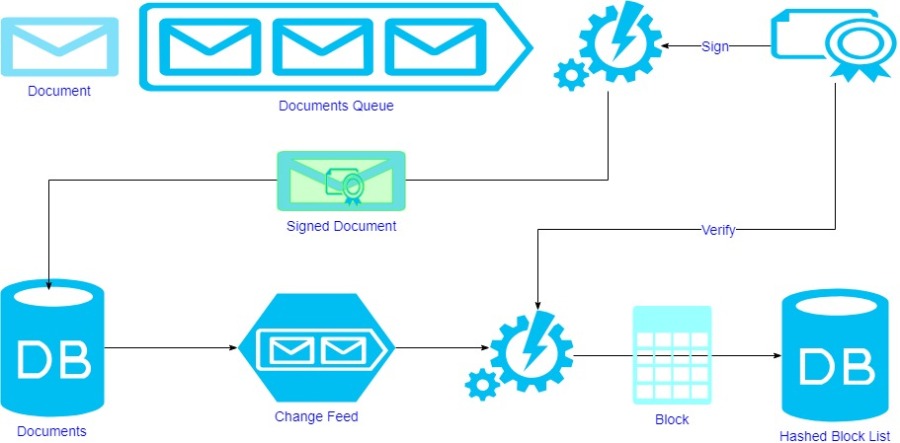
Empowering Self-Amending Blockchain: Exploring Tezos (XTZ)
In the dynamic realm of blockchain technology, Tezos (XTZ) has positioned itself as a groundbreaking platform with a unique self-amending mechanism. Let’s delve into the innovative features, governance model, and the potential impact of Tezos on the broader blockchain landscape.
A Self-Amending Blockchain
Tezos distinguishes itself through a self-amending mechanism, allowing the protocol to evolve and upgrade without the need for hard forks. This capability is integral to maintaining a flexible and adaptive blockchain network. Tezos stakeholders actively participate in the decision-making process for protocol upgrades, fostering a decentralized and community-driven approach to development.
Liquid Proof-of-Stake Consensus
Tezos operates on a liquid proof-of-stake (LPoS) consensus mechanism, where token holders can delegate their coins to a chosen validator or participate in the block validation process themselves. This approach enhances security, scalability, and decentralization, as token holders have a direct impact on the governance and validation of transactions within the network.
On-Chain Governance Model
Tezos’ on-chain governance model enables stakeholders to propose and vote on amendments to the protocol. This democratic process ensures that the network remains adaptable and responsive to the evolving needs of its community. The ability to reach consensus on upgrades without contentious hard forks contributes to the stability and continuity of the Tezos blockchain.
Smart Contracts and Michelson Language
Tezos supports smart contracts, allowing developers to deploy decentralized applications (DApps) on its platform. The Tezos smart contract language, Michelson, is a low-level stack-based language designed for formal verification. Formal verification enhances security by mathematically proving the correctness of smart contracts, reducing the risk of vulnerabilities and bugs.
Baking and Endorsement in LPoS
Baking and endorsement are essential components of Tezos’ LPoS consensus. Bakers are nodes responsible for creating new blocks and validating transactions, while endorsers vouch for the validity of the blocks. This collaborative process ensures the smooth functioning of the Tezos blockchain, with participants incentivized through the opportunity to earn rewards.
Tezos’ Role in NFTs and Digital Assets
Tezos has gained traction in the realm of non-fungible tokens (NFTs) and digital assets. Its efficient and scalable infrastructure makes it a suitable choice for projects looking to tokenize assets or create NFT marketplaces. Tezos’ focus on sustainability and environmental friendliness aligns with the growing demand for eco-friendly blockchain solutions.
Challenges and Continuous Improvement
While Tezos has demonstrated resilience and innovation, challenges such as increasing competition and fostering widespread adoption persist. The Tezos community remains dedicated to addressing these challenges through ongoing protocol upgrades, partnerships, and initiatives aimed at expanding the use cases and reach of the Tezos blockchain.
Educational Resources for Tezos Enthusiasts
For enthusiasts and developers keen on exploring Tezos (XTZ) and its unique features, educational resources play a crucial role. Platforms like www.itcertswin.com provide comprehensive insights, tutorials, and updates on Tezos and related technologies. Staying informed is key to navigating the evolving landscape of self-amending blockchains.
Explore More About Tezos (XTZ) at www.itcertswin.com
For the latest insights and resources on Tezos (XTZ) and its transformative impact on blockchain governance and smart contracts, visit www.itcertswin.com. Dive into the world of Tezos to stay at the forefront of innovations reshaping the way blockchain networks adapt and evolve.




